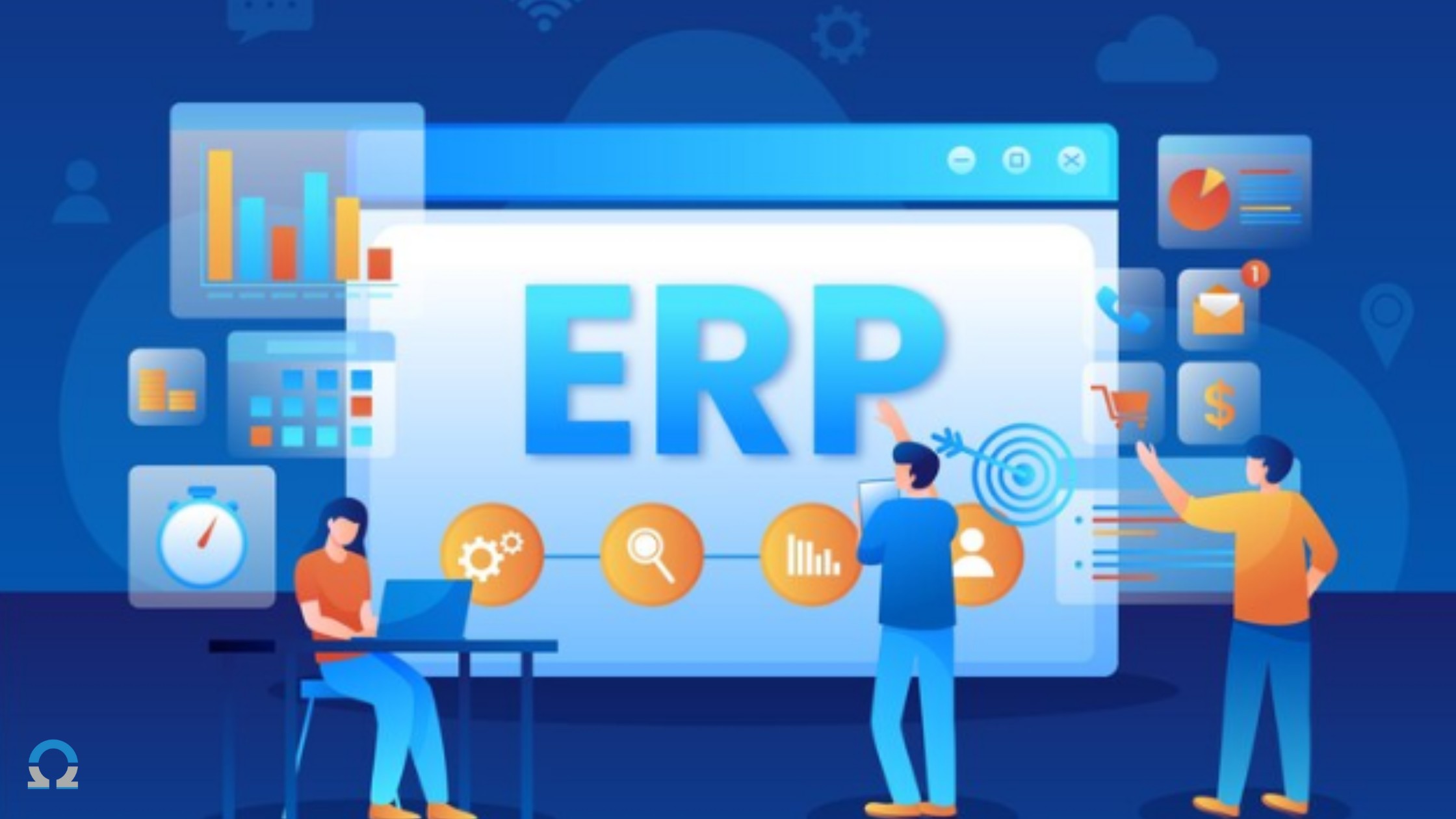Blog categories
Measuring the ROI of ERP Implementation: Key Metrics to Track
Introduction:
Rationalizing the value-add of an Enterprise Resource Planning (ERP) system can be challenging, yet it's an integral part of any ERP investment. One way to quantify this value is by measuring the Return on Investment (ROI) of ERP implementation. This article aims to guide you through the key metrics necessary for assessing your ERP system’s ROI accurately.
Table of Contents:
1. Understanding the ROI of ERP Implementation
2. Key Metrics to Evaluate ERP Implementation
3. Conclusion

1. Understanding the ROI of ERP Implementation:
For any ERP implementation, gauging the ROI involves collecting pre-implementation data, setting objectives, and comparing these with post-implementation performance. Given the long-term investment involved in ERP, calculating its ROI necessitates deliberate tracking of selected metrics over time.
2. Key Metrics to Evaluate ERP Implementation:
2.1 Operational Costs:
Operational cost is a key metric for assessing the financial efficiency of your ERP system. Analyze the pre and post-implementation financials to discern any reduction in operational costs, such as labor, utilities, and overhead.
2.2 Business Process Improvements:
ERP solutions are designed to enhance and streamline business processes. Measuring process efficiencies before and after implementation can reveal how effectively the ERP system is performing. Key indicators might be processing time, sales cycle duration, or supply chain efficiency.
2.3 IT Spending:
A comprehensive ERP system should reduce IT costs over the long term. Examining changes in IT spending can help assess the cost-saving performance of the ERP solution. This could include hardware costs, software licensing fees, and IT labor costs.
2.4 Strategic Value Additions:
Strategic value addition is a less tangible but equally potent metric for evaluating ERP implementation. This could involve factors such as improved decision-making due to better data visibility or accelerated response times resulting from streamlined workflows.
Conclusion:
Understanding and measuring the ROI of ERP implementation is paramount to justify the investment and optimize the system performance. Close monitoring of the operational costs, business process enhancements, IT spending, and strategic value additions allows businesses to assess the system's effectiveness in delivering on its promise of improved productivity and profitability.
Remember, the real value of an ERP system is often realized over a period of time. Continual tracking and assessment of these metrics help businesses align their ERP system performance with their operational objectives to maximize ROI.
Conclusively, a well-implemented ERP system should result in periods marked with enhanced strategic advantage, improved efficiency, decreased operational costs, and sustained business growth.
In closing, if you're seeking a reliable software development partner in the USA, look no further than Infoscience. As a leading \
software development company in USA
, Infoscience is committed to delivering innovative solutions tailored to your unique needs. Elevate your business with our top-notch
ERP implementation services in USA
, and experience the transformative power of technology with Infoscience by your side.
For more details contact us at
sales@infoscience.co
or whatsapp at
+1 313 462 0002
Also read: Winning SEO Tips for OpenCart B2B Ecommerce Brands: Getting Ahead of the Competition
- Tags :
- ERPImplementation
- ROI
- KeyMetrics
- InvestmentEvaluation
- ERPSystems